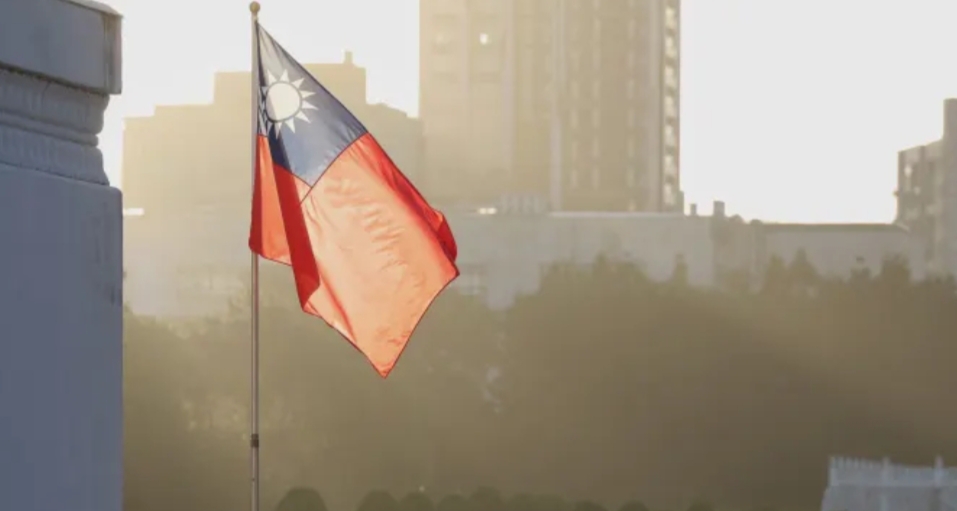
Taiwan’s presidential office hosted an unprecedented “tabletop” exercise on Thursday, simulating scenarios of military escalations by China. The drill, which involved government agencies beyond the armed forces, underscores Taipei’s urgency in preparing for threats from an increasingly assertive Beijing.
The exercise brought together central and local government units, as well as civil groups, to test Taiwan’s readiness in responding to extreme scenarios, Taiwan President Lai Ching-te stated in a briefing on Thursday evening.
“We conducted a tabletop exercise to verify the level of preparedness of each government agency in responding to extreme scenarios,” Lai said. “We believe that as long as the government and society are prepared, we can adequately respond to different threats – including natural disasters and authoritarian expansionism.”
China’s ruling Communist Party, which claims Taiwan as part of its territory despite never having controlled it, has not ruled out the use of force to annex the self-governing democracy. Recently, the Taiwan Strait and surrounding regions have seen increased military activities by Chinese forces, including naval deployments and large-scale exercises in response to political events in Taiwan.
The simulation featured two scenarios: one involving “high-intensity” grey-zone warfare tactics and another placing Taiwan “on the brink of conflict.” Grey-zone tactics refer to provocative actions that stop short of war. Government agencies participated without prepared notes, responding spontaneously to different contingencies.
Unlike military-led war games, this exercise focused on ensuring the normal functioning of society during crises. Vice President Hsiao Bi-khim chaired the simulation, alongside presidential office secretary-general Pan Men-an and National Security Council secretary-general Joseph Wu.
Taiwan’s Interior Minister Liu Shyh-fang noted that the exercise highlighted areas requiring improvement, particularly in combating disinformation during electricity or internet outages. Liu emphasized the need for a backup mechanism to maintain the flow of information and announced plans to recruit and train 50,000 disaster relief volunteers by the end of 2025.
The exercise, a first for Taiwan’s presidential office, signals a broader commitment to resilience. Lin Fei-fan, deputy secretary-general of the National Security Council, praised the initiative, stating, “Conducting tabletop exercises at this time is crucial for us to strengthen preparations for the future and identify areas for improvement.”
As China continues to increase its military pressure, Taiwan’s government and society remain steadfast in their determination to safeguard the island’s sovereignty and democracy.

